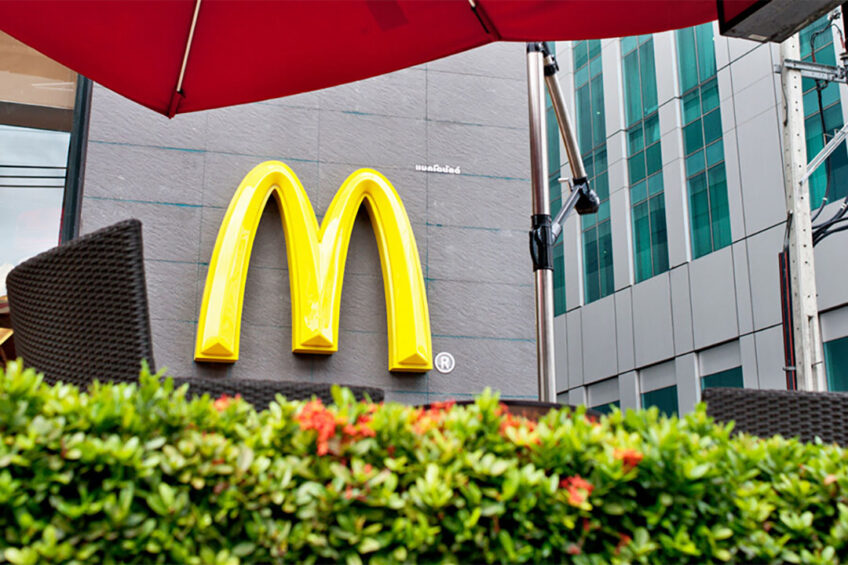McDonald’s suspends business in Kazakhstan

McDonald’s closed its restaurants in Kazakhstan in a move reportedly due to punitive Western sanctions against Russia.
The fast-food company has acknowledged that it made the decision due to supply issues but has not elaborated on what has caused the scarcity. However, the Kazakh Agricultural Ministry disclosed that it was linked to Western sanctions.
A ban on the Russian meat
Specifically, the firm cannot source meat patties to make burgers from Russia, which has supplied them since McDonald’s opened its first restaurant in the country in 2016. As of late 2022, the company ran restaurants in 24 Kazakh cities, employing nearly 2,000 people.
The Ministry said it was willing to help McDonald’s localise supplies and, in particular, offered the company to import meat “from third countries.” The authorities have even achieved a preliminary agreement with the US giant to perform an audit of several Kazakh meat and dairy producers in early 2023.
During a government meeting in December of 2022, representatives of the Kazakh meat union and poultry union said that their members were ready to replace products that they used to import from Russia.
It takes hundreds of millions of dollars to establish a facility matching McDonald’s quality requirements
Kazakh farmers fail to match requirements
Aset Mashanov, general director of Food Solutions KZ, McDonald’s Kazakh operator, even disclosed in December that the company started working with several local suppliers, whose products, he said, fully complied with the firm’s strict quality standards.
Nevertheless, McDonald’s decided to pull out of the country. Food Solutions KZ said it would reopen its branches under a new brand.
Maksut Baktibaev, general director of the Kazakh meat union, commented that it takes “hundreds of millions of dollars” to establish a facility matching McDonald’s quality requirements.
Cremonini
“Only facilities that have undergone a thorough audit can supply cutlets for burgers. In Russia, this is an Italian company that has a meat processing plant near Orenburg and a semi-finished products workshop in the Moscow region. We are talking about the Italian company Cremonini,” disclosed Maksut Baktibaev, general director of the Kazakh meat union.
He added that there is no way for Food Solutions KZ to conclude a contract with any meat processing plant in Kazakhstan. “To do this, you need to invest in equipment, as well as pass all certifications and audits from the parent company, a mandatory requirement of which is the traceability of products from farm to counter,” he explained.







